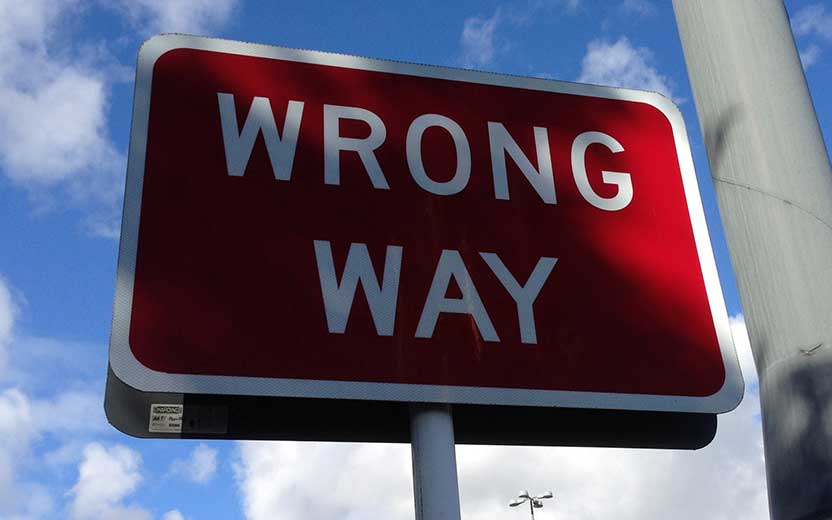By KFB Law
Finding the Right Legal Representation
Obviously, no one should try to handle a personal injury matter alone unless they carry a Bar certification. In other words, trying to figure everything out without a lawyer is the quickest way to miss out on a hefty settlement or lose in court. It is crucial to find the right attorney who fits the needs of the client perfectly. The “right attorney,” however, does not mean the “perfect attorney.” In fact, there is no perfect lawyer and trying to find one would only waste your time. Instead, clients should focus on finding a professional with a good track record with which they are most comfortable.
The best starting point in your search for a legal expert usually takes place online. The internet is a great resource and can showcase all of the available help within a given area. More importantly, people can examine the reviews of previous clients. So, the odds of discovering someone who is a good fit are much higher when a healthy dose of research accompanies the process. Afterward, it is crucial that the prospective client visits the lawyer in-person. Doing so allows you to experience their demeanor and mannerisms personally. If there is some miscommunication from the very beginning, per se, this could be indicative of the future interactions.
File the Lawsuit
Once the client finds the right lawyer, they should meet to discuss their case, after which it will be time to file the lawsuit. Doing so involves submitting paperwork and paying specific court fees. Additionally, the client will work with their attorney to determine the compensation that they are pursuing in their lawsuit. Establishing a number should be based on the facts of the case, and help set realistic expectations. For instance, suing someone for $1 million in damages due to a personal injury caused by another person’s negligence is sensible if the facts support such an estimate.
After filing the lawsuit, the defendant will be served a formal notification detailing the court date and also providing them a chance to respond. In cases where the defendant fails to show up, the court may grant summary judgment where the plaintiff automatically wins. Situations like this, however, seldom takes place with high-amount, personal injury cases.
Discovery
Once the defendant responds, they may submit a counter-lawsuit of their own, or answer why they are not willing to compensate the plaintiff. The matter will then proceed to the “discovery” stage. During this time, the lawyer will help compose an air-tight case by addressing all of the critical details. Depending on the situation, this could mean finding and interviewing potential witnesses, filing additional paperwork, and uncovering further evidence to help support their case. Some conditions may call for a private investigator who can find evidence that is not accessible in any other way.
Trying to Settle
Before a case goes to trial, both parties may resort to various pretrial motions. These are litigation tools where either side can ask for the case to be dismissed based on various arguments. Sometimes, a judge may decide to grant a pretrial motion to dismiss based on some irrefutable evidence or a weak case presented by the opposing side. In the vast majority of the situations, however, these are simply tools to delay by postponing negotiations or a formal trial.
If the case moves beyond pretrial motions, the plaintiffs and defendants enter the settlement stage where they can reach a formal agreement through negotiation, mediation, or arbitration. These tend to take place when parties want to avoid court or find themselves in a contractual obligation that requires a mediator or an arbitrator. Cases often end here as parties reach a compromise that is favorable to everyone. Of course, doing so would require that each side compromise on their initial requirements and find common ground. Unfortunately, not every process ends in an amicable agreement and may end up going to trial.
The Trial
Depending on whether it is a judge or jury trial, the parties may have to go through a jury selection process. While this generally does not concern the client, it is an important step for the legal team. Once completed, the trial will begin with each side detailing their side of the story. In some cases, this could be a lengthy process, even taking months to complete. The most obvious downside of dragging the process to the trial phase is the amount of time it takes to reach your case’s conclusion. Those who decide to go to trial could wait for years to get their compensation.
Following closing arguments, the jury will review the case to determine an outcome based on the evidence, witnesses, testimonials, cross-examination presented. A knowledgeable lawyer will dedicate a substantial amount of time to proving their claim, as well as disproving the other side’s as well. Once delivered, the jury will pass a legally binding decision.
Potential Appeal
If the decision made by the jury is not favorable, a party may decide to submit a formal appeal. Fortunately, this does not mean that the entire process will restart. Instead, a judge or a group of judges will first hear the appeal and decide if another trial is required.
With this lengthy and challenging process, finding an excellent legal expert is crucial saving time, effort, and agony. If you have concerns or questions about your case, contact us or give us a call at (813) 875-5445 to speak with one of our expert attorneys.


